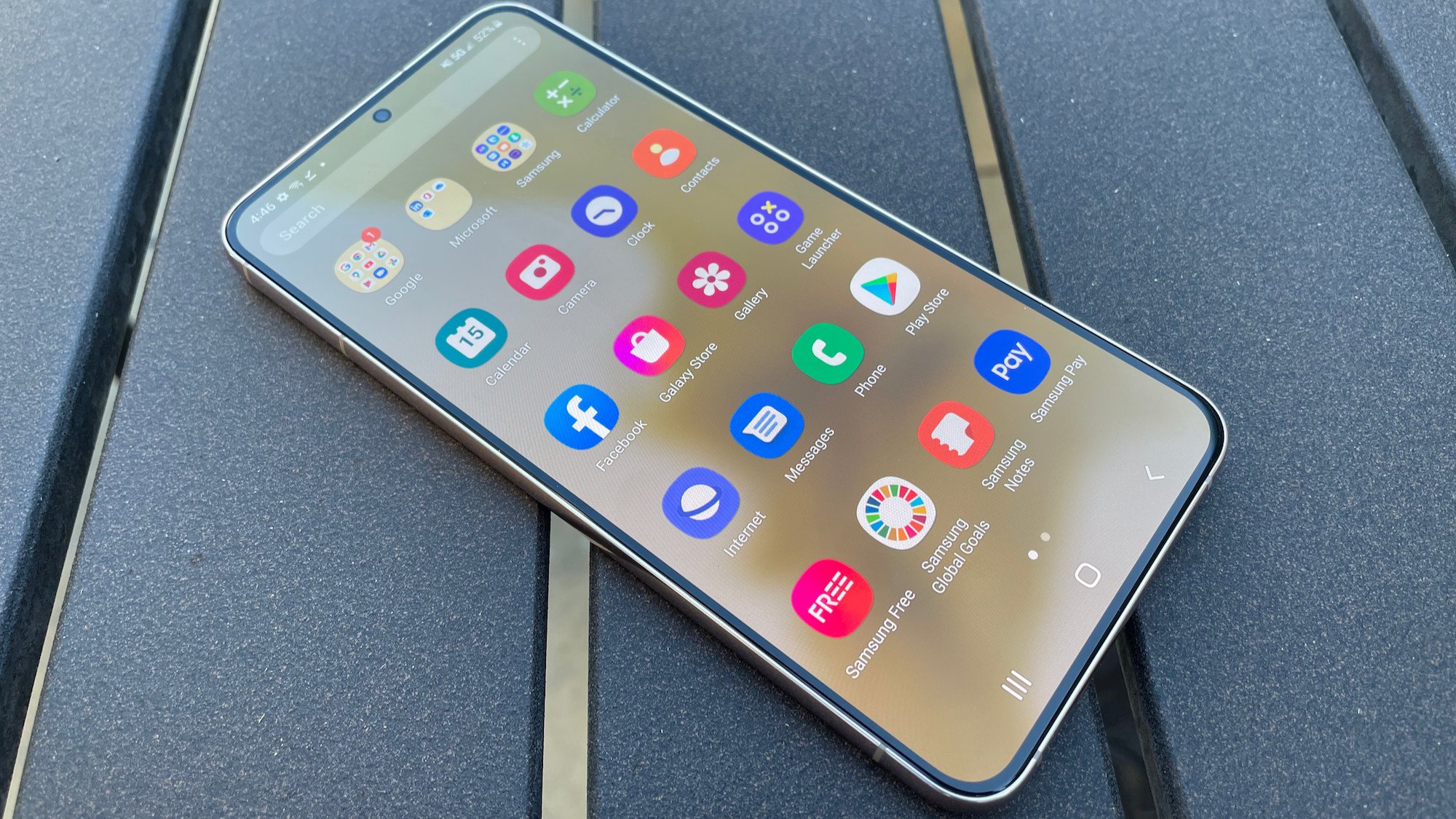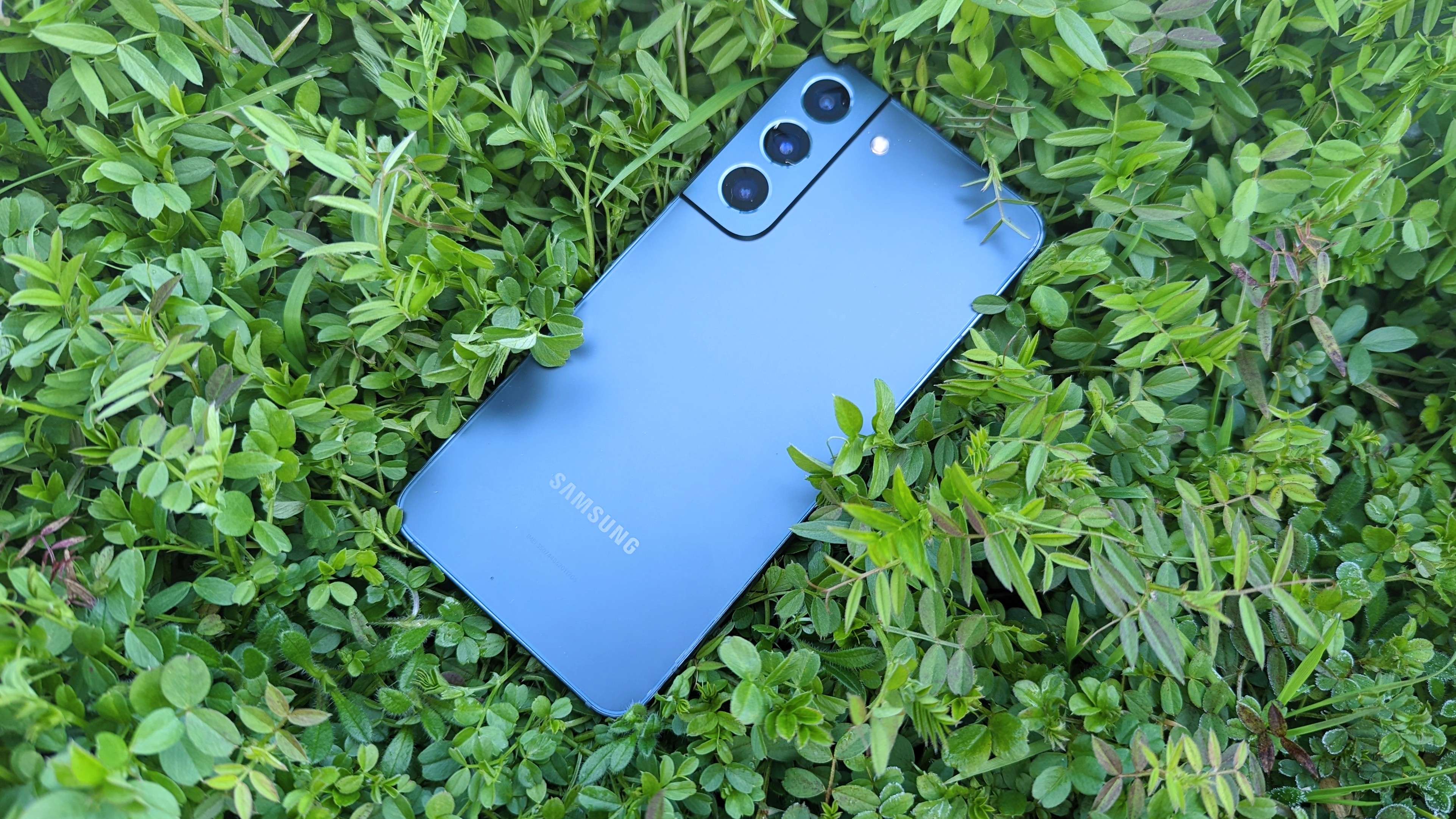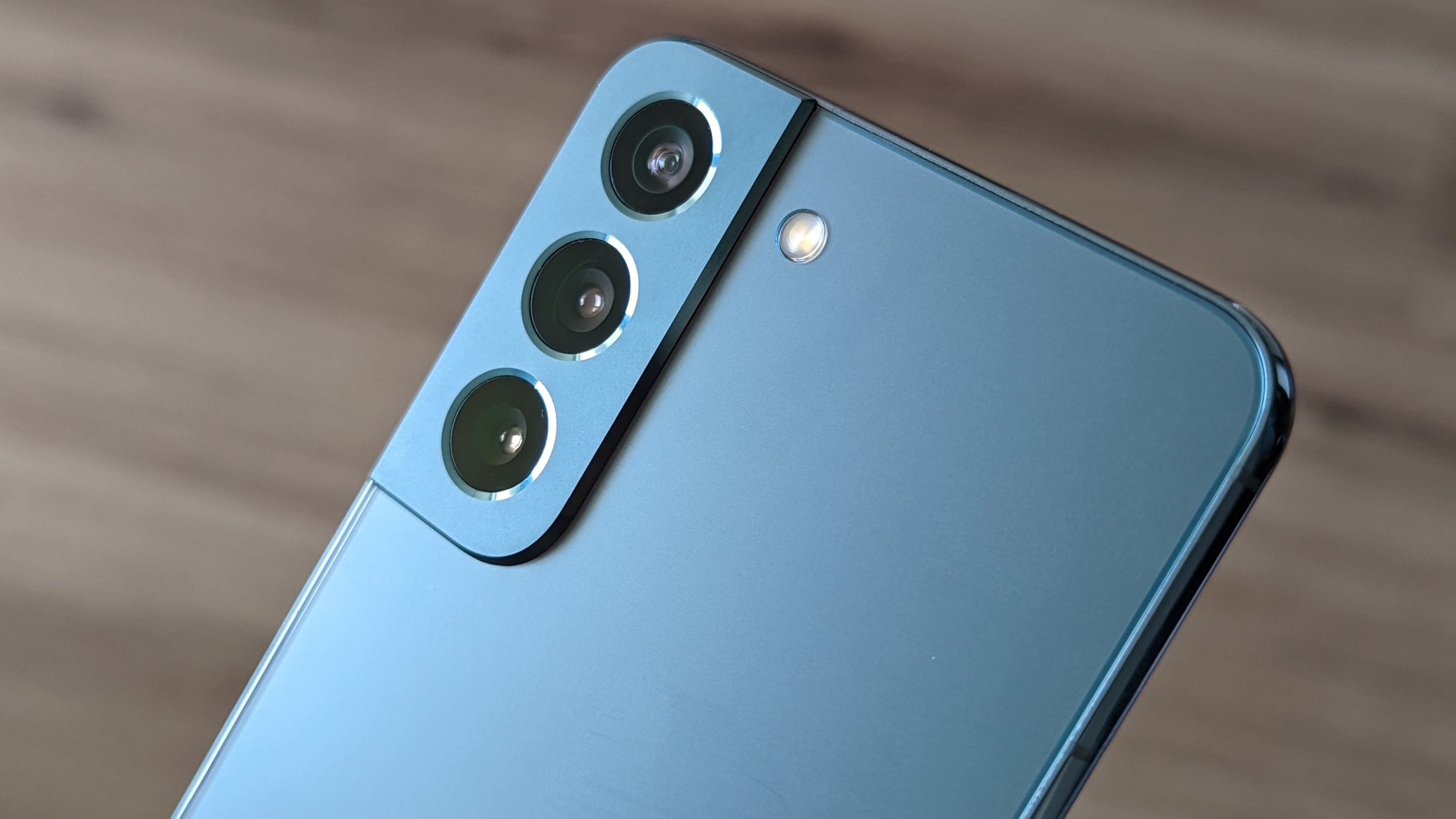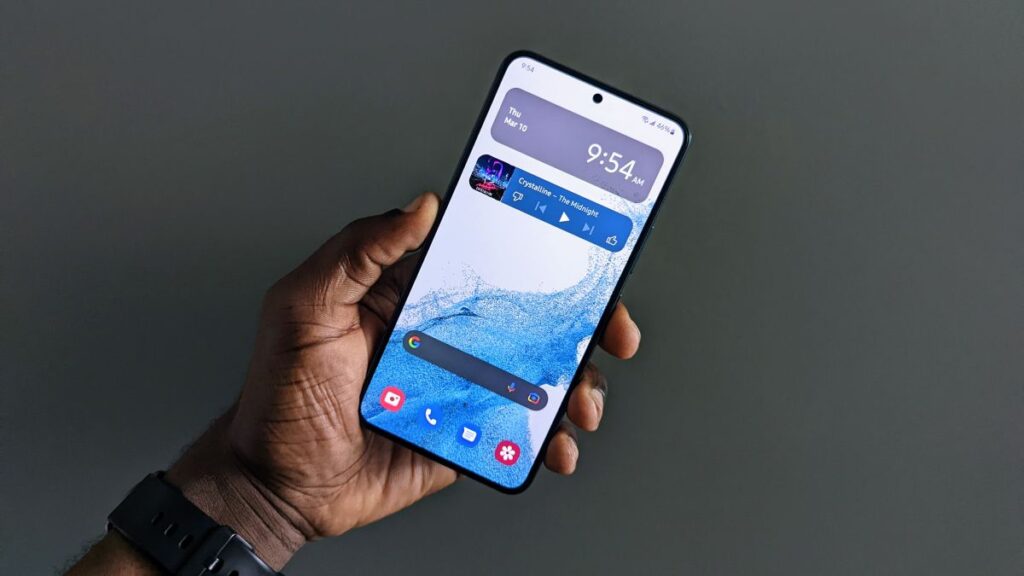It is very clear that Google gives Samsung preferential treatment, Android experts say. However, there is a clear strategic reason for doing this and it’s mostly because of how popular Samsung phones are. In fact, they add that there is nothing wrong or unusual about Google doing this because it makes sense.
There are tons of manufacturers that use Google’s operating system, yet we have noticed in the past several years that Google tends to push certain software first to Samsung before it goes to other companies.
More recently we saw that with Wear OS 3 and the partnership to bring it to Samsung’s Galaxy Watch 4. Others include Duo, debuting Live Share on Samsung’s Galaxy S22, and even changing the appearance of Messages on the new phone.
Mishaal Rahman, senior technical editor at Esper and former editor-in-chief of XDA Developers, says it’s far from unusual or wrong about Google doing this with its services.
“Google has hundreds of Android partners, but they have no obligation to treat all of them equally. Google can and does work with some of its partners closely than they do with others,” he says. “Samsung, being the biggest vendor of Android smartphones and tablets for most of Android’s history, is no doubt considered one of Google’s most important Android partners.”
Rahman adds that the more important brands are, the more leverage they have when negotiating revenue sharing agreements, mobile application distribution agreements, and co-marketing strategies.
More importantly, Rahman says that Google has to ensure that the treatment with Samsung is particularly favorable because “they’re the biggest potential threat to ending Google’s dominance of the Android ecosystem.”
“Though it would be incredibly challenging, Samsung could feasibly create an alternative to everything Google offers. With the exception of Google Play Services, they arguably already have,” he says.
Samsung is massive, and that’s why Google keeps it close

In August 2021, Harish Jonnalagadda and I wrote a deep dive piece into Samsung’s market share globally and how it’s been losing its lead in key global markets.
Samsung arguably makes many of the best Android phones, and with over 300 million sales a year, it is the largest smartphone maker in the world. In 2020, the South Korean company shipped more than 267 million smartphones worldwide, accounting for 20.6% of all smartphone shipments worldwide, according to Statista.
Statista also notes that the company has been a “consistent front-row competitor in the global smartphone market,” and that in Q4 2021 Samsung’s market share was 19%.
Like Rahman, Jitesh Ubrani, research manager for IDC’s worldwide device tracker, notes that Google wants to make sure it isn’t losing out on market share and knows how valuable Samsung is.
“Samsung’s distribution and expertise are required to ensure that Google doesn’t lose customers to rival platforms. Prior to Huawei’s demise, there was hope that perhaps Huawei could be the next global Android smartphone vendor, but now that they are out of the game, Samsung is once again the only true global smartphone brand outside China and that’s very valuable to Google,” he says.
That being said, while Samsung is in a dominant position in North America, that’s not true in other markets. Chinese brands in recent years — including Xiaomi and BBK Electronics — owned OPPO and Vivo — have managed to dethrone Samsung in key regions, including China, India, and even Europe. As a result, Samsung’s dominance as the world’s largest smartphone manufacturer is under threat.
Though Rahman notes that even if the entirety of BBK Electronics or Xiaomi alone may ship more devices than Samsung in certain markets or during certain quarters, “Samsung is still the go-to partner as they’re the largest Android device vendor in North America, where Google usually tests its new offerings first.”
Neil Shah, vice president of research at Counterpoint Research, says that the growing number of Chinese brands is a big factor for why Samsung needed to have a close partnership with Google.
“Until the launch of OneUI, Samsung had been struggling to maintain market share of Google-based Android losing out to Chinese brands. However, Samsung doubled down on strategic partnerships with Google on a variety of fronts which has helped the vendor maintain premium leadership, provides faster software, security updates, advanced messaging, security, UI optimizations, and deeper integrations,” he says.
Shah adds that many times google does offer its newest Android codebase to other OEMs, “but the level of customizations other OEMs go for plus China versus non-China optimizations, make it slightly difficult for them to be ahead or on par with Samsung or stock Android adopting OEMs.”
Will Samsung’s closer partnership with Google have a souring effect on other brands?

Ubrani notes that the close relationship between Google and Samsung has the potential, in the long run, the risk of Google “isolating other partners, or worse, having partners become competitors.”
More than anything, Rahman adds that the biggest downside is that Google isn’t reaching the maximum number of users they could be reaching.
“It also opens the door for other OEMs to enter partnership with Google’s competitors, like Microsoft,” he says.
Though that being said, Anshel Sag, a senior analyst at Moor Insights & Strategy, notes that the close partnership doesn’t necessarily mean giving Samsung exclusive features, but rather using the brand as a platform to test the success of features on a larger scale before it goes global with all companies.
“It’s a lot easier to work with a single OEM to test a feature’s viability before testing it with dozens of OEMs and having to support that,” he says. “I also believe that Samsung has one of the biggest marketing budgets of Google’s Android partners and is willing to spend to promote features that might be made by Google.”
Partnering with Samsung also won’t necessarily have a negative sales impact on other Android brands

Ubrani says that while Samsung tends to be the first with Google’s software, most companies aren’t far behind, and “sometimes it’s in their favor to not adopt the latest software from Google.”
“Take Wear OS 3 as an example, most other vendors see the benefit of employing a Real-Time Operating System based watch as they offer longer battery life and cost less. Similarly, when it comes to messaging platforms, most of the Chinese vendors would rather focus on ensuring compatibility with local messaging services rather than forcing users to switch to Google’s solution.”
Sag agrees, adding that when many of these features first come out there are a lot of bugs and many times isn’t a great experience right out of the gate.
“It seems like Samsung is willing to take that risk with its customers and possibly that its customers are more interested in new Google features that might not be 100% baked yet rather than waiting for them on another OEM,” he says.
And while Rahman also doesn’t necessarily think sales will get affected, he does think that it affects the perception of a product. He adds that Google has partnered with Samsung extensively to promote Samsung’s foldable devices, for example.
“Google runs ads on Samsung’s foldables, creates optimized versions of its apps for Samsung’s foldables first, and works with them to optimize the Android OS for foldables. This creates the perception that the best Android software experience on a foldable can be found on Samsung’s devices, even though these improvements aren’t exclusive to them,” he says.


